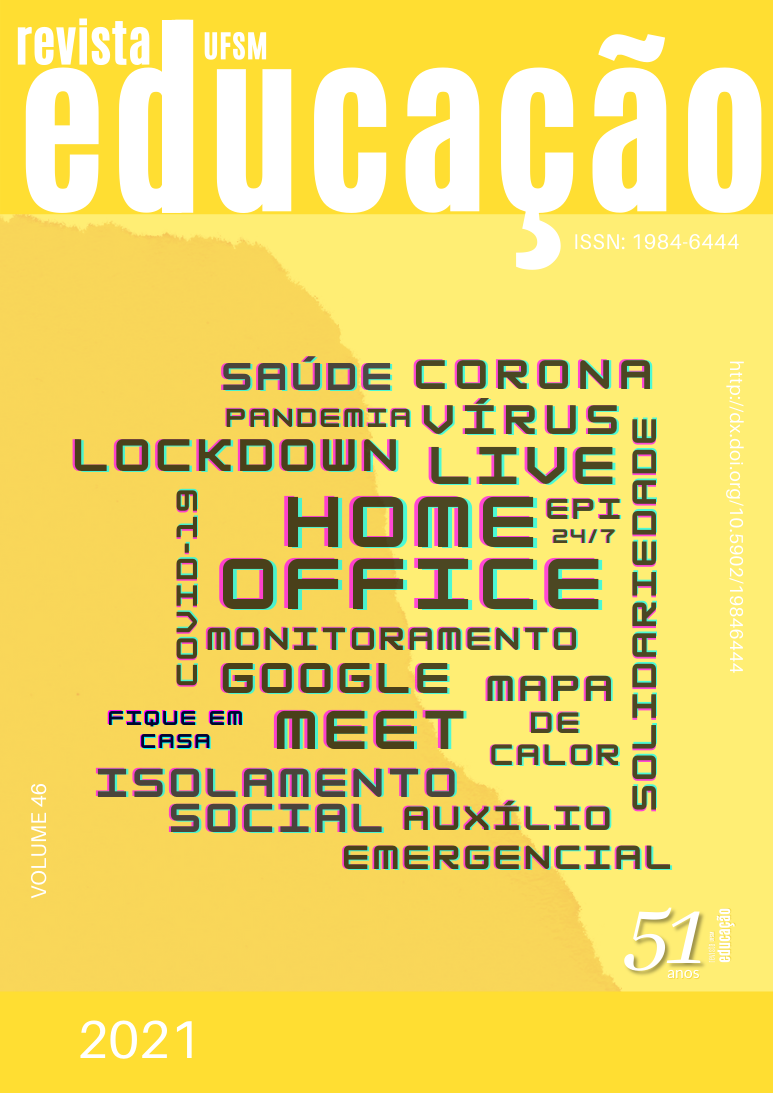John Dewey: education, democracy and social cohesion
DOI:
https://doi.org/10.5902/1984644444319Keywords:
John Dewey, Democracia, Coesão SocialAbstract
This article addresses the relationship between education, democracy and social cohesion, based on the ideas of the American philosopher and educator John Dewey. This topic is particularly relevant today, when the idea of democracy faces serious challenges. The article first discusses the proposals presented by Dewey in the book Democracy and education, published in 1916, his most important educational work. The purpose of this analysis is to show that the author's theses on education are closely linked to his political theses. Then, the reflections made by Dewey in the book The public and its problems, published in 1927, developed in confrontation with the ideas of journalist Walter Lippmann, are examined. While Lippmann argues that democracy requires the formation of a body of experts to run social life, Dewey emphasizes the need to value the public, that is, the different groups that make up society and are affected by the action of the state.
Published
How to Cite
Issue
Section
License
Declaration of originality
We declare that all articles present in the journal Educação (UFSM) are originals and were not submitted for publishing on any other publication, as a whole or a fraction. We also declare that, after being published by Educação (UFSM), a paper will not be submitted to another journal within two years. After this time, our journal transfers the publishing rights to the authors, with a permit granted by the Editorial Council.
We also acknowledge that the originals’ submission to Educação (UFSM) implies on a transference of copyright for physical and digital publishing to the journal. In case of noncompliance, the violator will receive sanctions and penalties predicted by the Brazilian Copyright Protection Law (n. 9610, dated 19/02/98).
Attribution 4.0 International (CC BY 4.0)
This license lets others remix, transform, and build upon the material for any purpose, even commercially, and copy and redistribute the material in any medium or format.

This work is licensed under a Creative Commons Attribution 4.0 International (CC BY 4.0)






